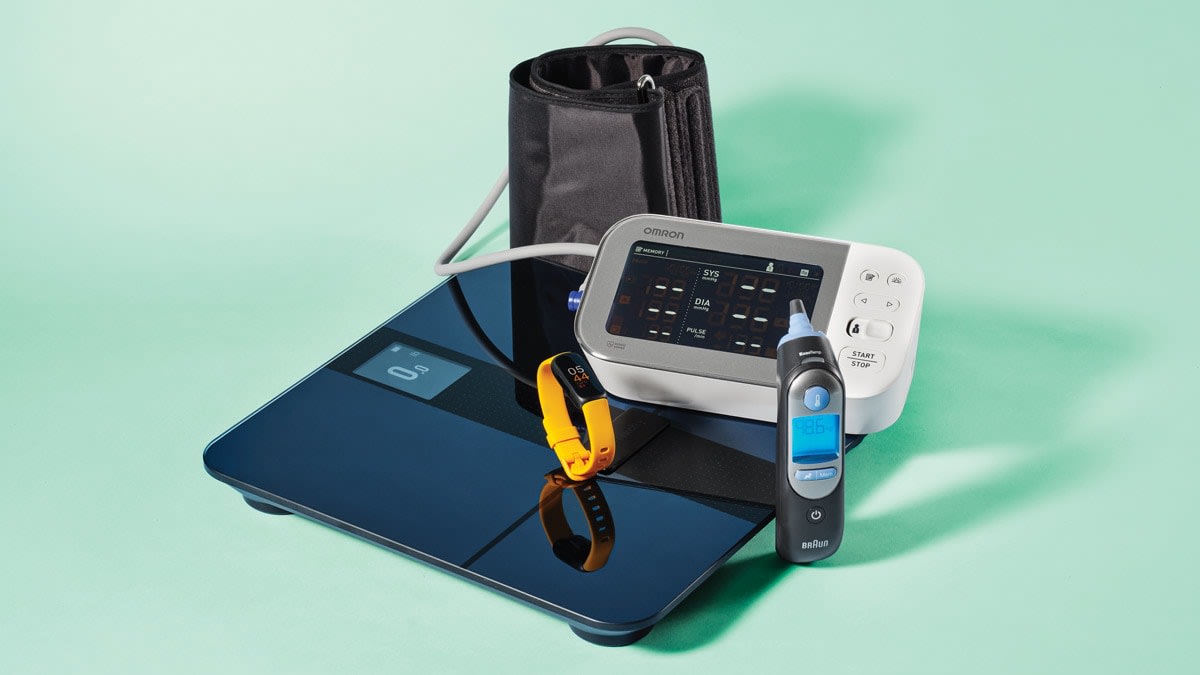- Speak for the Heart is now Positive Vibes!
- Posts
- Groundbreaking News on Hormone Replacement Therapy
Groundbreaking News on Hormone Replacement Therapy
HRT beneficial for many women, latest study shows
Hello again and happy May!
May is National Physical Fitness and Sports Month as well as National Stroke Awareness Month! Since stroke is a form of cardiovascular disease (did you know that?), and since physical fitness plays such an important role in preventing heart disease and stroke, I’ll be featuring articles on both of those topics in Speak for the Heart this month.
In this issue, there is very important news from a major women’s health study, confirming what many female physicians, including myself, have been saying for several years now: hormone replacement therapy (HRT) can be used safely in many women with symptoms of perimenopause (the years leading up to menopause) and menopause. See more on “my take” in that section below.
(And if you’re a man reading this, please feel free to forward to a female loved one if you think it may help.)
And, as always, Premium subscribers get bonus content!
Not a Premium subscriber? You can upgrade now and get bonus content in every issue, along with special discounts and exclusive features! Upgrade now and get your first free health guide: “Your Guide to Healthy Summer Travel”! Discounted, annual subscriptions now available!
To your health,
Yasmine S. Ali, MD

Weekly Heart-Health News: The Highlights
My Take:
This article says it well:
“More than 2 decades ago, the shocking results of a major women’s health study challenged the safety of menopause hormones, and overnight, millions of women and their doctors abandoned the drugs—a reluctance that lingers today.
“Now, a long-term follow-up of the Women’s Health Initiative (WHI) shows that reaction was largely overblown. The new research found that for many younger menopausal women—typically those under 60—the benefits of the drugs probably outweigh the risk for the short-term treatment of menopause symptoms, including hot flashes and night sweats.”
I will add that the results seen in the original Women’s Health Initiative analysis over 20 years ago were based on a study that was stopped early, and that was largely done in women age 60 and older, which is not when most women begin experiencing symptoms of menopause and needing HRT.
The older study was also affected by the use of outdated hormone formulations that are rarely, if ever, still in use today. The FDA-approved hormones now available, such as estradiol and micronized progesterone, are bioidentical (identical to the hormones made naturally by the human body) and have not been found to increase the risk of cardiovascular disease or thrombosis as the older, synthetic hormones did.
Anecdotally, I have seen women doing quite well continuing on estrogen into their 90s. Of course every woman is an individual, and if you are considering HRT for yourself, you must discuss all your risks/benefits and options with your physician.
Finally, here are some additional important findings from the latest analysis:
Women who used estrogen alone (which is allowed only for those who have had a hysterectomy, although the use of progesterone can be limited to a progesterone-releasing IUD rather than systemic progesterone in a pill form) actually had a 20% reduction in breast cancer risk over the follow-up period.
Women who used combination HRT (estrogen plus progestin) had a slightly increased risk of breast cancer with longer use (> 5 years), but the absolute risk was very low—the equivalent of breast cancer risk from obesity, diabetes, sedentary lifestyle, or drinking 1 - 2 alcoholic beverages per day. That should put the risk into perspective!
Very importantly, bone fracture risk among HRT users was 33% lower across all age groups compared to placebo. No other medical intervention prevents loss of bone mass in women like estrogen does.
If you would be interested in a brief (30-minute) webinar with Q&A on this topic, let me know:
Would you be interested in a webinar on the topic of HRT? |
My Take:
So, do you need a fitness tracker? How about a home blood pressure monitor?
This article has a great rundown on these devices, including who is likely to benefit most from each one.
My Take:
Notice anything about this list? The same foods that help prevent heart attack also help prevent stroke, and that includes vegetables and fruits as well as fatty fishes (like tuna and salmon).
Keeping your blood pressure under control also helps prevent both heart attack and stroke, and eating a healthy diet rich in potassium and magnesium (including bananas, citrus fruits, yogurt, and nuts) can help with blood pressure, too.
Premium Content
What Anger Does to Your Arteries
So, Is Venting Your Anger Good for Your Health?
Apple Watch Gets First-of-Its-Kind Health Feature Approval
Cooking with a Cardiologist: Greek-style Chicken Spinach Salad with Figs and Feta
Subscribe to Premium to read the rest.
Become a paying subscriber of Premium to get access to this post and other subscriber-only content.
Already a paying subscriber? Sign In.
A subscription gets you:
- • Exclusive, bonus content in EVERY issue!
- • FREE Premium Health Guides and Heart-Health Tip Sheets, as soon as they are released!
- • Access to "Cooking with a Cardiologist," including restaurant guides, heart-healthy recipes, meal plans, cookbook recommendations, videos, and more!
- • Special subscriber discounts on future products (e-books, workbooks, courses, webinars, live events, calendars, merchandise, etc.)
- • Eligible for special Premium subscriber giveaways!
- • Lifestyle tips and strategies with actionable advice for promoting heart health and cardiovascular well-being



